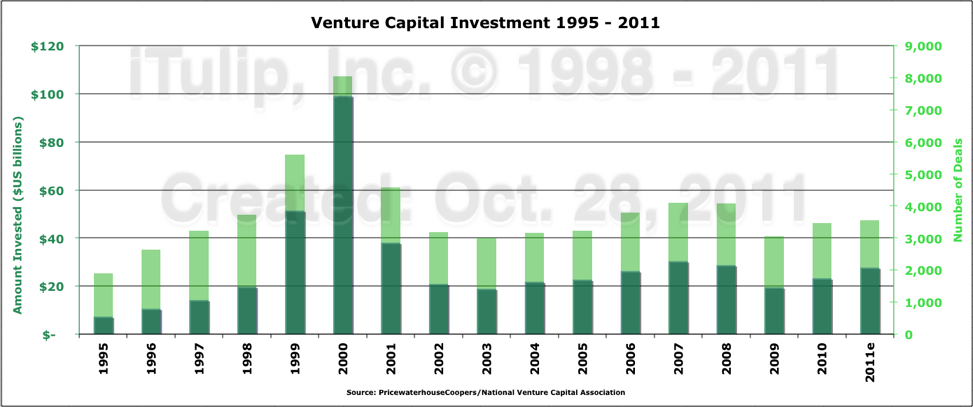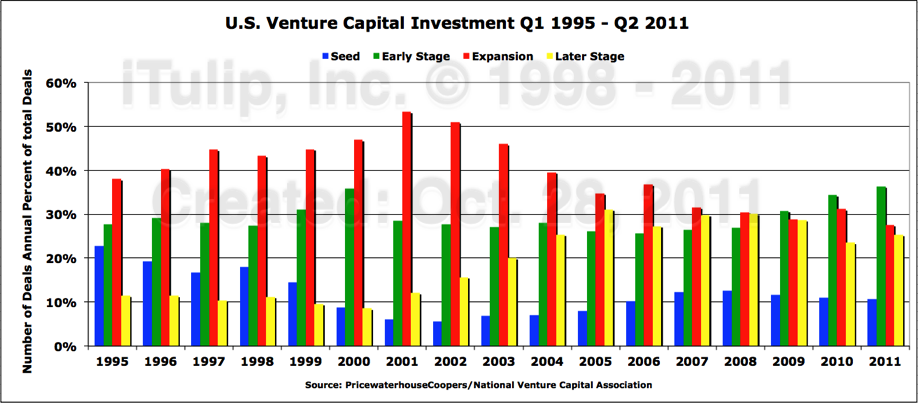Re: American Kremlin Conference – Part I: Boston Federal Reserve "Long-Term Effects of the Great Recession" - Eric Janszen
What definitions of "classic socialism" and "real old fashioned equity capital investment" are you using to come to this bizarre conclusion?
From wikipedia:
Socialism /ˈsoʊʃəlɪzəm/ is an economic system in which the means of production are commonly owned and controlled cooperatively; or a political philosophy advocating such a system.
/ˈsoʊʃəlɪzəm/ is an economic system in which the means of production are commonly owned and controlled cooperatively; or a political philosophy advocating such a system.
What definition of equity capital investment is at all consistent with this?
It MUST be? Or what?
The problem? More like one of the best things to ever happen to humanity.
I don't think this is because of the first statement as much as other factors.
Originally posted by Chris Coles
View Post
From wikipedia:
Socialism
 /ˈsoʊʃəlɪzəm/ is an economic system in which the means of production are commonly owned and controlled cooperatively; or a political philosophy advocating such a system.
/ˈsoʊʃəlɪzəm/ is an economic system in which the means of production are commonly owned and controlled cooperatively; or a political philosophy advocating such a system.What definition of equity capital investment is at all consistent with this?
That the real interest of an investor MUST be to ensure ongoing freedom of the people of their nation.
Originally posted by *T*
so we end up with an unsustainable concentration of ownership and peonage.




Comment